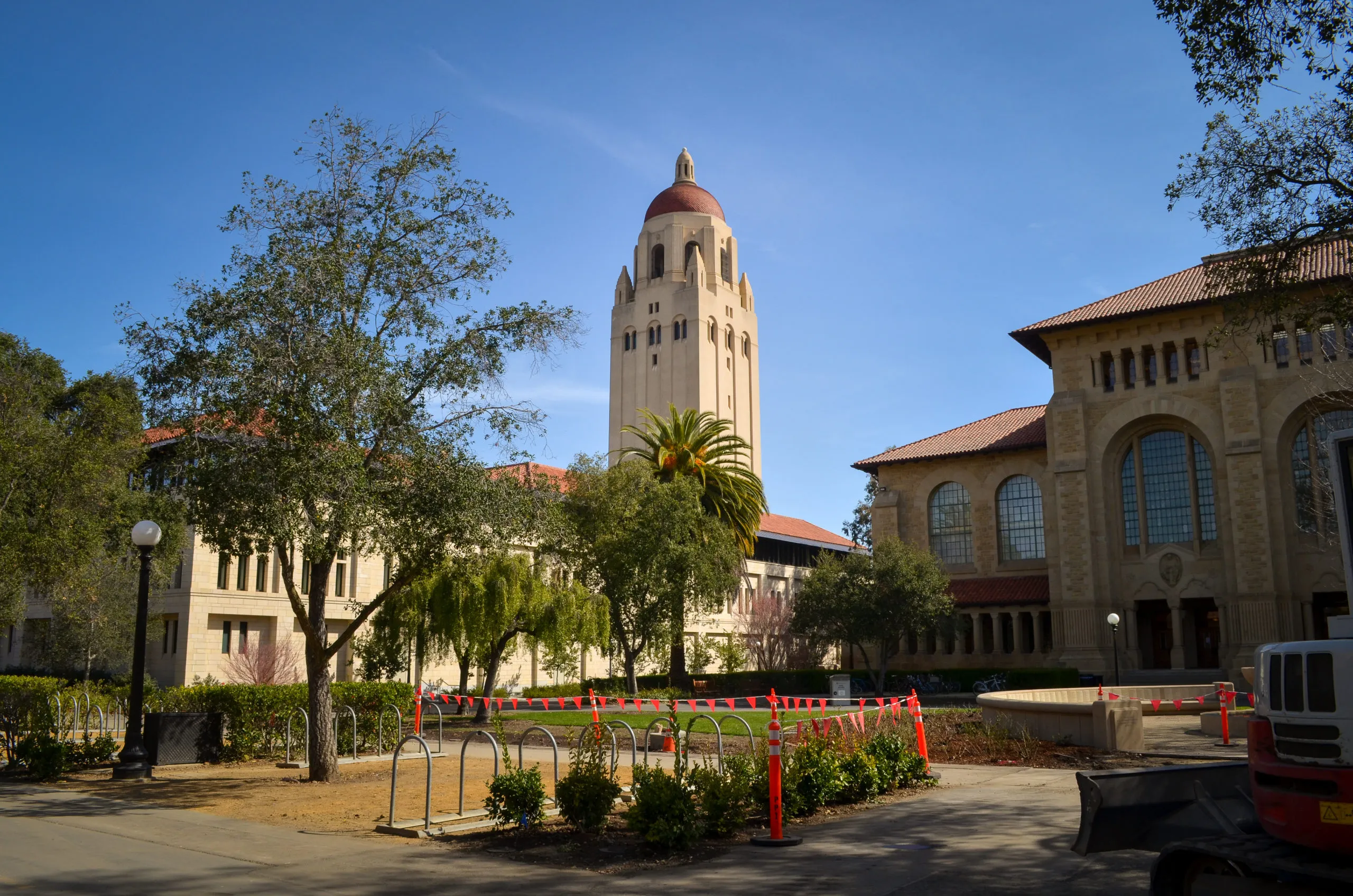Chris Field, director of the Stanford Woods Institute, was completely bewildered. He was in a meeting, but his phone was blowing up with congratulatory texts from colleagues — and to his knowledge, he hadn’t done or achieved anything to warrant them. Field, it turns out, had been appointed to the American Philosophical Society (APS) — one of the oldest academic organizations in the United States.
The prestige of the APS is matched only by the secrecy of its selection process; the APS doesn’t publicize its criteria, and philosophers are only placed under consideration if they are nominated by a member. The whole process is also kept under tight wraps. Appointees learn of their consideration and acceptance at the same time.
This May, Field was joined by two other Stanford affiliates elected to the society — anthropology professor Tanya Marie Luhrmann and bioengineering, psychiatry and behavioral sciences professor Karl Deisseroth. They were among just 37 new scholars selected.
“It was a nice boost of energy, like a tailwind, helping me power through the meeting,” Field said.
Founded by Benjamin Franklin in 1743 for “promoting useful knowledge,” the APS offers intellectual fellowship through dinner events, research grants and a number of other resources, including a research library. For both Field and Luhrman, though, the most exciting opportunity is to become a member of the society’s interdisciplinary community.
“It’s really fun meeting new people,” Luhrmann said, adding that she is looking forward to meetings that “offer a really cool group of people to talk about your work.”
According to Field, while universities excel in fostering communities between faculty in similar fields, the same cannot be said of those in very different disciplines.
“I think that if we really want to solve these big problems, it’s super important to have a very broad approach and to try and understand the issues from different people’s perspectives.” Field said. “A lot of the value that comes from the APS and conversations around these is just getting to know folks who come from different fields and view the world very differently.”
The big problem Field hopes to solve is climate change. A self-titled “scientist focused on nature,” he is currently working on wildfire reduction, and is looking particularly for approaches that center rural communities as key actors in the stewardship of the forest.
“We really need to be pushing on all fronts,” Field said. “There’s no single solution that’s going to solve the problem. We need to be transitioning as rapidly as possible away from fossil fuels for energy and electricity, we need to be taking better care of our ecosystems and we need to be working really hard to limit our consumption whenever we have the opportunity.”
Luhrmann’s research, on the other hand, rests in medical anthropology and the anthropology of religion — in “how people come to experience invisible things as real,” like the voices of God that some claim to hear.
Alby Navarro, a fifth-year Ph.D. student in anthropology and one of Luhrmann’s advisees, said that it was Luhrmann’s “genuine curiosity for and commitment to understanding and describing others’ lived experiences” that most stood out to him.
This commitment has taken Luhrmann all around the world for her field work, from the streets of Chicago to talk with homeless women struggling with psychotic disorder to London to interview self-proclaimed witches and wizards.
From her research, which Luhrmann hopes will help people think differently about religion, madness and their inner worlds, the philosopher believes that humans’ inner worlds are full of people, not just ideas and beliefs — and that each individual can develop stronger relationships with these “voices” to become more mature and wise.
“It’s pulling out certain of these voices, these good memories, these people who’ve been kind to you and making them more and more powerful for yourself, and learning how to ignore some of the critical, difficult voices that we all struggle with.” Luhrmann said.
Luhrmann, Field and Deisseroth join numerous Stanford affiliates already in the APS, including 85 former or current professors.
“I see all these awards more of a responsibility than a treat or a prize,” Field said. “With each new thing, I feel like it provides an additional incentive to try and move the needle on the issues I care about, particularly helping the world do a better job dealing with climate change.”
